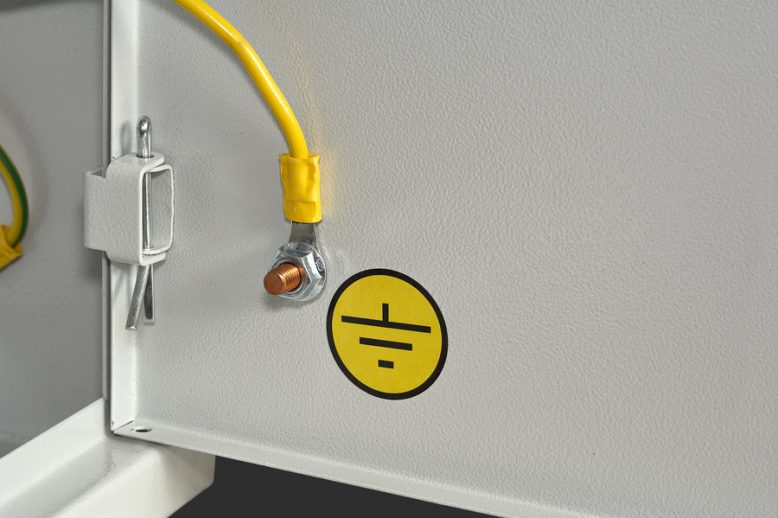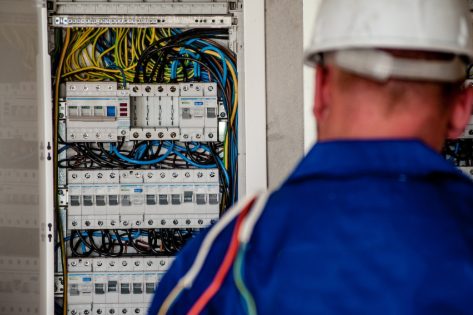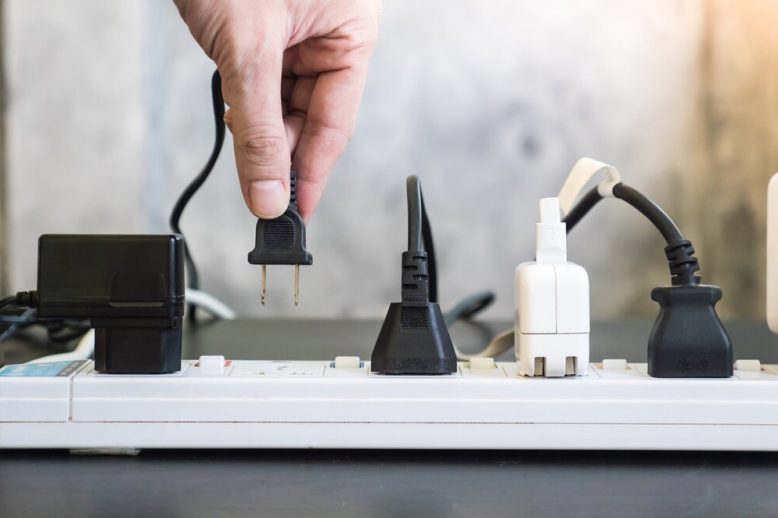Why Does Electricity Need to Be Grounded?
Proper grounding is an essential component of home electrical safety because excess energy needs to be directed somewhere.
What Does a Ground Wire Do?
The ground wire connected to your outlets and electrical panel is literally dug into the earth outside your home. This buried ground wire provides a “safety valve” for excess positively charged energy within the wiring of your home.
Why Does Electricity Go to Ground?
The negatively charged ground wire attracts the excess positive charge in your electrical lines, providing a safe outlet for the energy. This is called grounding, and it eliminates the dangers of fire and electrocution, which are high in ungrounded home electrical systems.
How common is excess electricity in the home? Quite common. Each time you plug something in, power is typically not consumed in its entirety, so it requires a safe ground path. There are also myriad electrical excesses from power lines and from your appliances cycling on and off – not to mention lighting strikes. These situations all require good grounding to ensure the safety of your household.
Another interesting fact about ground wires: They are essential for surge protection. Do you use surge protectors to protect expensive electronics? Those devices are useless without an adequate ground.
















